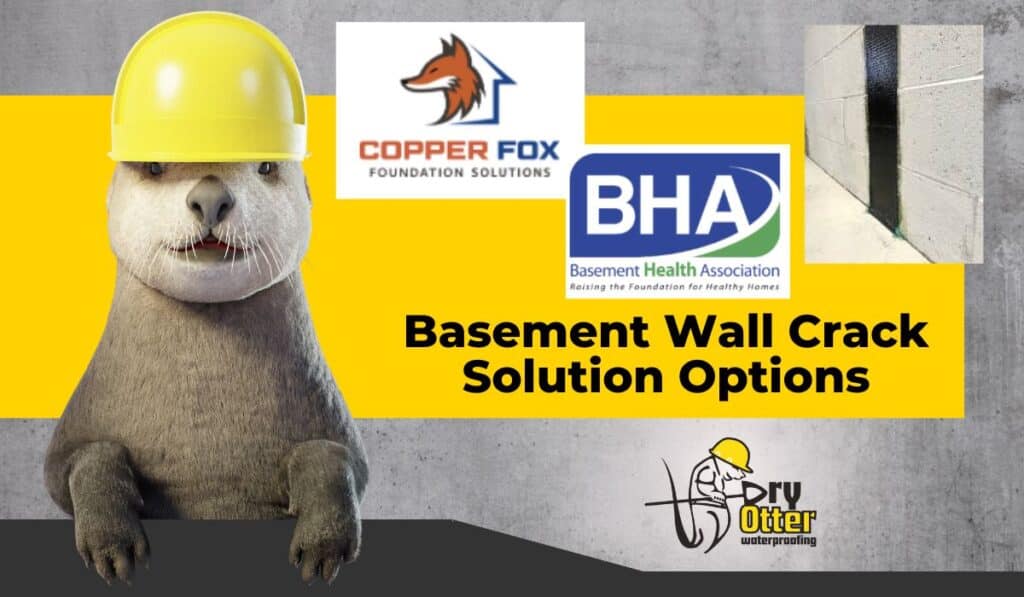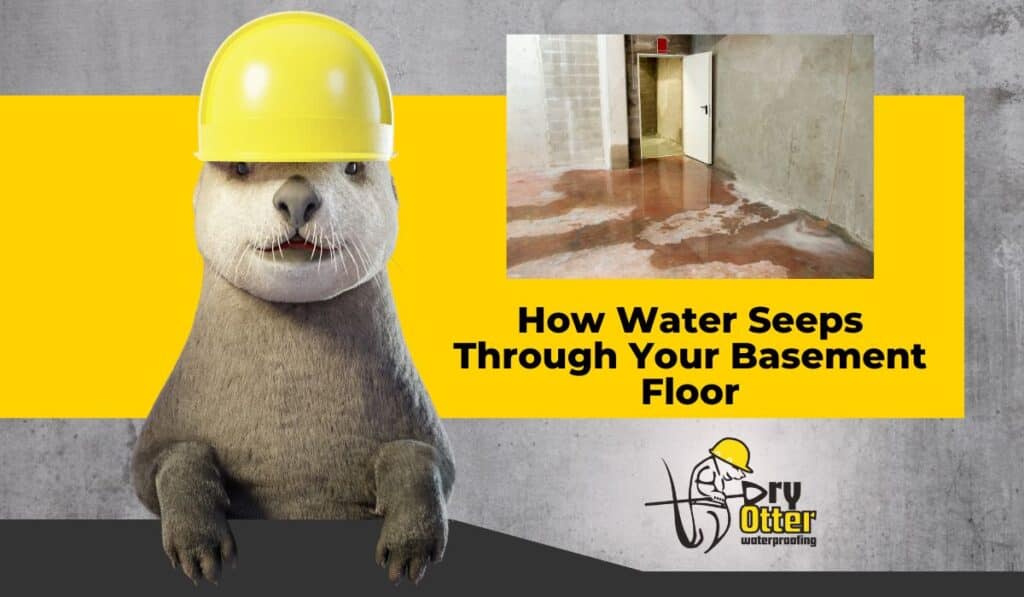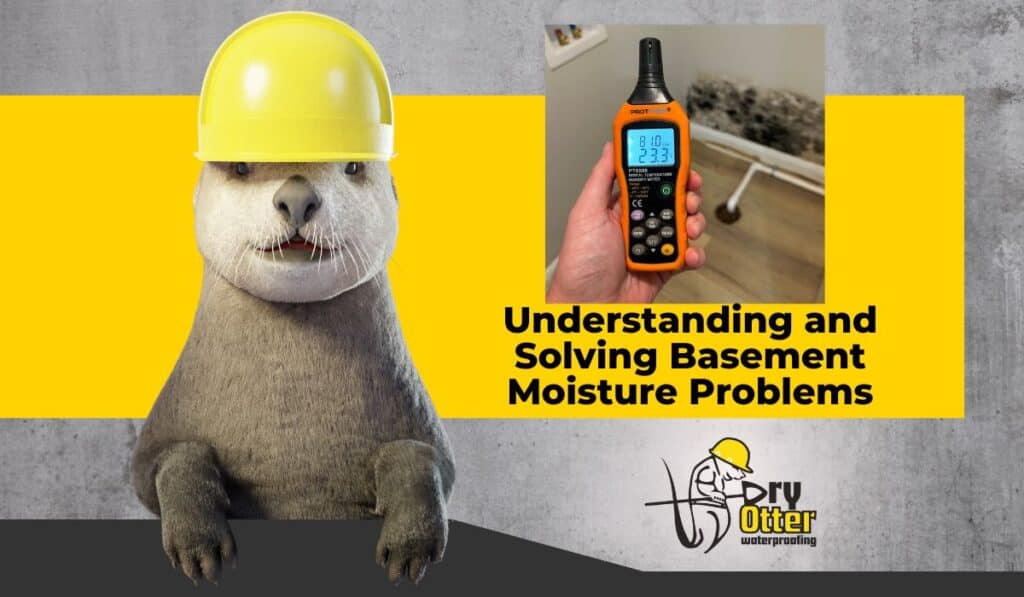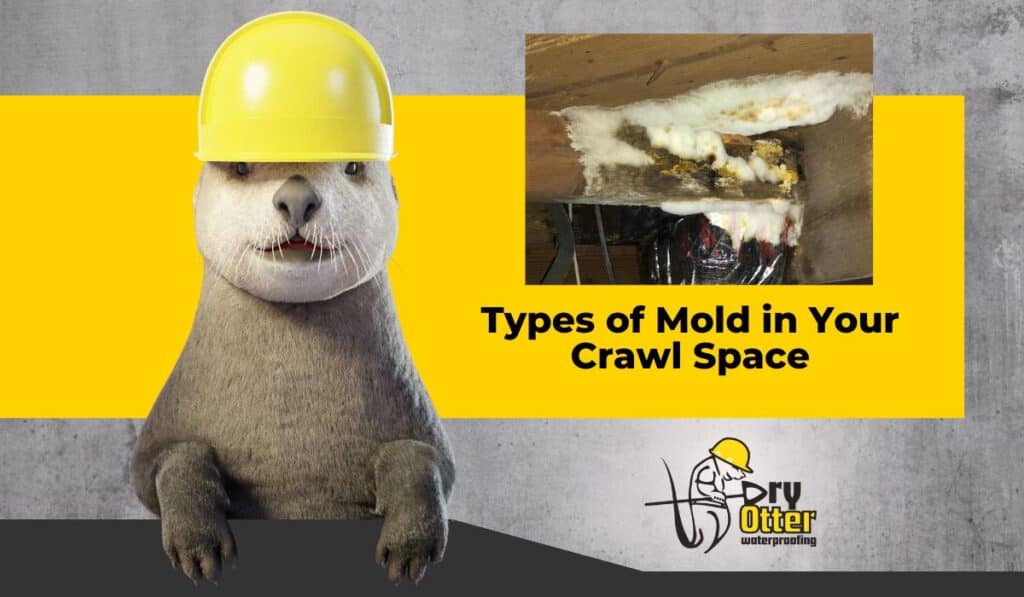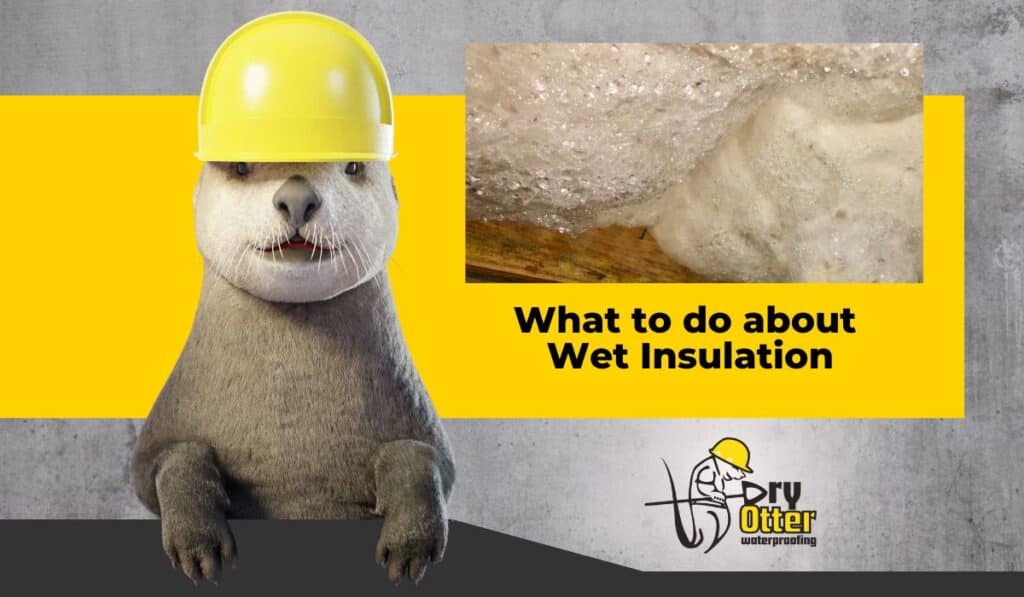Why You Need this Homebuyer’s Guide
If you are a first time homebuyer in Charlotte, there are definitely some things you need to inspect on the home before you sign that mortgage. While we definitely recommend getting a licensed home inspector to evaluate the home, there are a few things you can easily assess yourself while deciding if it’s even worth considering purchasing. The house foundation is one of the most important parts of a home and can definitely be a deal breaker if it’s no good. But we’ll tell you the different types to look for, the pros and cons of each, and what to look for to recognize a money pit. If you’re new to the Charlotte, Lake Norman, Hickory, or Winston Salem area, or the Southeast US in general it will be important to understand just how much the humid climate here is different than the wintery north or the dry west of the US. The humidity in North Carolina can rot a home from the foundation up.
The Basics of House Foundations
There are three main types of foundations… basement, crawl space, and slab. There are other types of foundation but they are rare, and could include split level homes, stone foundations, and basements that include cellars.

Pros and Cons to Foundation Types
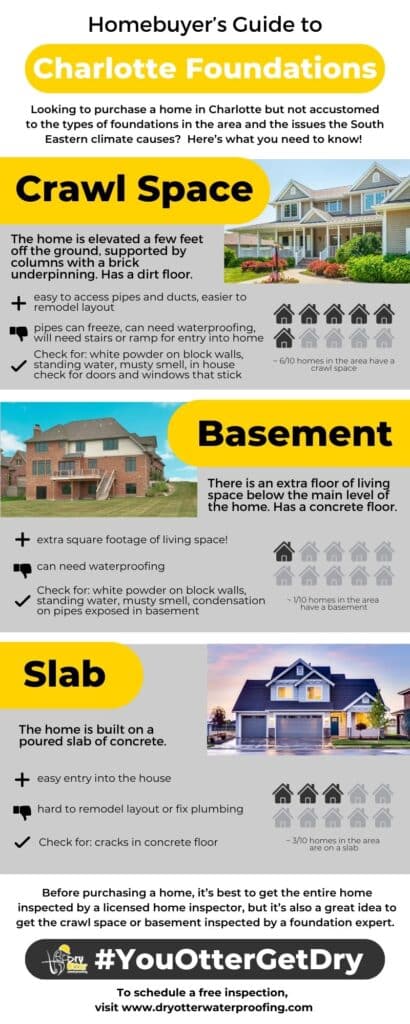
Even if you or your general home inspector finds that the house foundation is solid and sturdy, you may not like the type of foundation the prospective home has due to the general negatives that come along with that type of house foundation. Here’s the pros and cons of each…
Basement
Pro: Extra square footage that can be used for many purposes
Con: Can get wet, can cause worry when rain storms come for fear of flooding
Crawl Space
Pro: Can remodel living space above easier than a slab because you can access plumbing pipes and HVAC system, etc.
Con: Pipes can freeze, foundation can require waterproofing, entry to living space will require steps or a ramp
Slab
Pro: Easy entry into the living space without steps or ramp
Con: Hard to remodel layout or fix plumbing, floors are hard (can be rough on joints)
Charlotte’s Basement and Foundation Landscape
Charlotte and the surrounding areas have a good variety of the three types of foundations. And the factor that affects the choice made is year built. Older homes around Charlotte will have a crawl space. New homes are more likely to be built on a poured slab, especially in tract developments. These days the crawl space to slab ratio is about 70% to 20%, but it used to be about 90%/10% according to Mark Johnston, who’s been in the foundation waterproofing industry for more than 20 years. And there are some basements here and there in the area, but are more common in the Hickory, Morganton, and Lenoir areas.
Assessing Foundations for First-Time Buyers
A first time homebuyer in Charlotte can look for the following foundation warning signs:
Basements:
White powder on the basement walls, mold, condensation on the windows or pipes, musty smell
Crawl Spaces:
In the house: windows that stick, doors that stick, floors that slope, hardwood floors that cup, walls and ceilings with gaps and cracks
In the crawl space: foundation cracks, missing mortar around bricks, white powder on walls, falling insulation, standing water, mold
Slabs:
cracks in the concrete floor, gaps, salty plaque or build-up on the floor
The Long-Term Importance of a Solid Foundation
Purchasing a home with a poor house foundation with no intentions of repairing it would be an unwise decision that can be a waste of money and possibly even cause health problems like asthma.
Hopefully you will purchase a home with a sturdy foundation, but it will still be important to maintain it. To maintain any type of foundation, you should make an effort to route rainwater away from the house foundation with gutters and drainage. If you are unable to inspect and maintain your foundation yourself, you could have contractors that regularly visit your crawl space to keep you in the loop about the condition of it. HVAC workers, pest control workers, and plumbers can clue you in if there is standing water or dampness in the crawl space.
What Should You Do?

Foundations are foundational! Always invest in a licensed home inspector to check the foundation of a home before purchasing. If they flag the foundation as having issues, select one or a few foundation professionals to inspect it further and provide a quote for repairs. Use this quote for estimated repair costs to influence your decision on purchasing the home. You could use it to decide that the repairs are too costly and the home is not worth purchasing. You could even use the quote to bargain with the seller. Or you could keep the information in mind, purchase the home, then have the contractor repair and waterproof the house foundation. No matter what, don’t ignore the house foundation. Doing so could get you locked into a 30 year money pit.
If you do find you’re ready for a foundation repair estimate, keep Dry Otter Waterproofing in mind, we perform free inspections and provide free quotes. Worried that you don’t have possession of the home yet? Not a problem, it’s very customary for realtors to work together with the seller and the buyer to work out a date and time to meet and allow the contractor to inspect the foundation.
To schedule a free crawl space or basement inspection call 704-966-1771 or click here.

